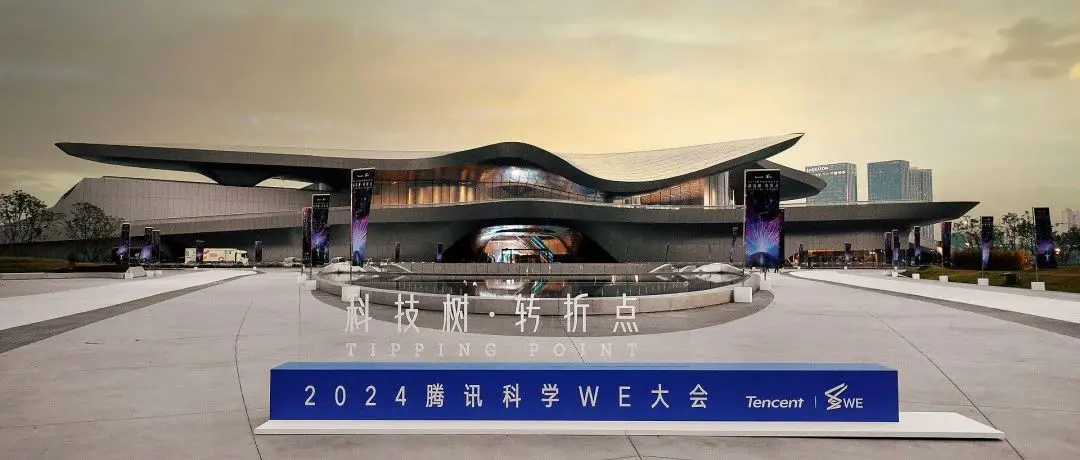In Chengdu, gaze at the scientific stars in a comfortable way.

On a certain date, scientists including Xue Qikun, winner of the State Supreme Science and Technology Award, and Kip Thorne, Nobel laureate in Physics, gathered at the futuristic Chengdu Science Fiction Museum. The 8th Tencent Science Conference took place as scheduled.
At the conference, Guo Fan, the director of "The Wandering Earth," shared these words: "Those seemingly distant theories have become turning points that change humanity. Yesterday's science fiction may be tomorrow's reality." The quantum world, curved spacetime, the cosmic ghost... Behind each seemingly sci-fi question are scientists tirelessly exploring.
Quantum technology is at the forefront of a new round of technological revolution. Academician Xue Qikun, President of Southern University of Science and Technology and Professor at Tsinghua University, led his team to make an original discovery in "quantum anomalous Hall effect," which was hailed by renowned physicist Yang Zhenning as "the first 'Nobel Prize-level achievement' coming out of a Chinese laboratory." At the conference, Academician Xue shared the arduous journey of tackling world-class scientific challenges. He emphasized that to make breakthroughs in major scientific issues, it is essential to perfect every experiment and every detail to the utmost.
Understanding the origin of the universe is the ultimate challenge in physics. Nobel Prize in Physics laureate and emeritus professor at the California Institute of Technology, Kip Thorne, once led humanity to "hear" the sounds from the depths of the universe for the first time. At the conference, Professor Thorne predicted, "By the 2030s or 2040s, we may discover the gravitational waves produced by the Big Bang and obtain information about the birth of the universe."
In the universe, % is composed of dark matter and dark energy that are invisible and intangible. Capturing dark matter will bring a significant leap in human understanding of the cosmos. Liu Jianglai, the chief scientist of the dark matter experiment, shared the team's findings from the deepest underground laboratory in China, located at the base of the Mianshan Mountain. They have provided the world's best upper limit for the interaction between dark matter and nucleons, contributing Chinese strength to the exploration of the universe's mysteries.
We look forward to the development of science, which can enhance human welfare. At the conference, scientists shared their findings in the field of life sciences. Nobel laureate and Norwegian neuroscientist May-Britt Moser is the discoverer of grid cells. Grid cells create a "spatial coordinate map" in the brain, enabling precise positioning and navigation, revealing memory mechanisms and cognitive behaviors, and providing potential targets for Alzheimer's disease.
Donald Ingber, a member of the U.S. National Academy of Engineering and a bioengineer, is the developer of the human "organ-on-a-chip." In his view, the "body-on-a-chip" composed of organ chips such as the heart, brain, and liver will further drive the innovation in human disease treatment and drug development methods.
Outside the Science Fiction Pavilion, the conference theme "Technology Tree" shone brightly on the naked-eye screens at Chunxi Road Parkson and on the Tianfu Twin Towers, drawing crowds of citizens to stop and take photos. On university campuses, students gathered to watch the live broadcast of the conference, engaging in heated discussions on intellectually stimulating topics. Chengdu, China's "Capital of Science Fiction," once again filled with a vibrant scientific atmosphere.
Over the past twelve years, the conference has provided immersive scientific experiences to over 100 million people, and together with the Xplore Prize and the New Cornerstone Investigator Program, it forms the cornerstone of Tencent's long-term support for basic science. Now, the "two-way journey" between the conference and Chengdu is spreading the seeds of science to more corners.

